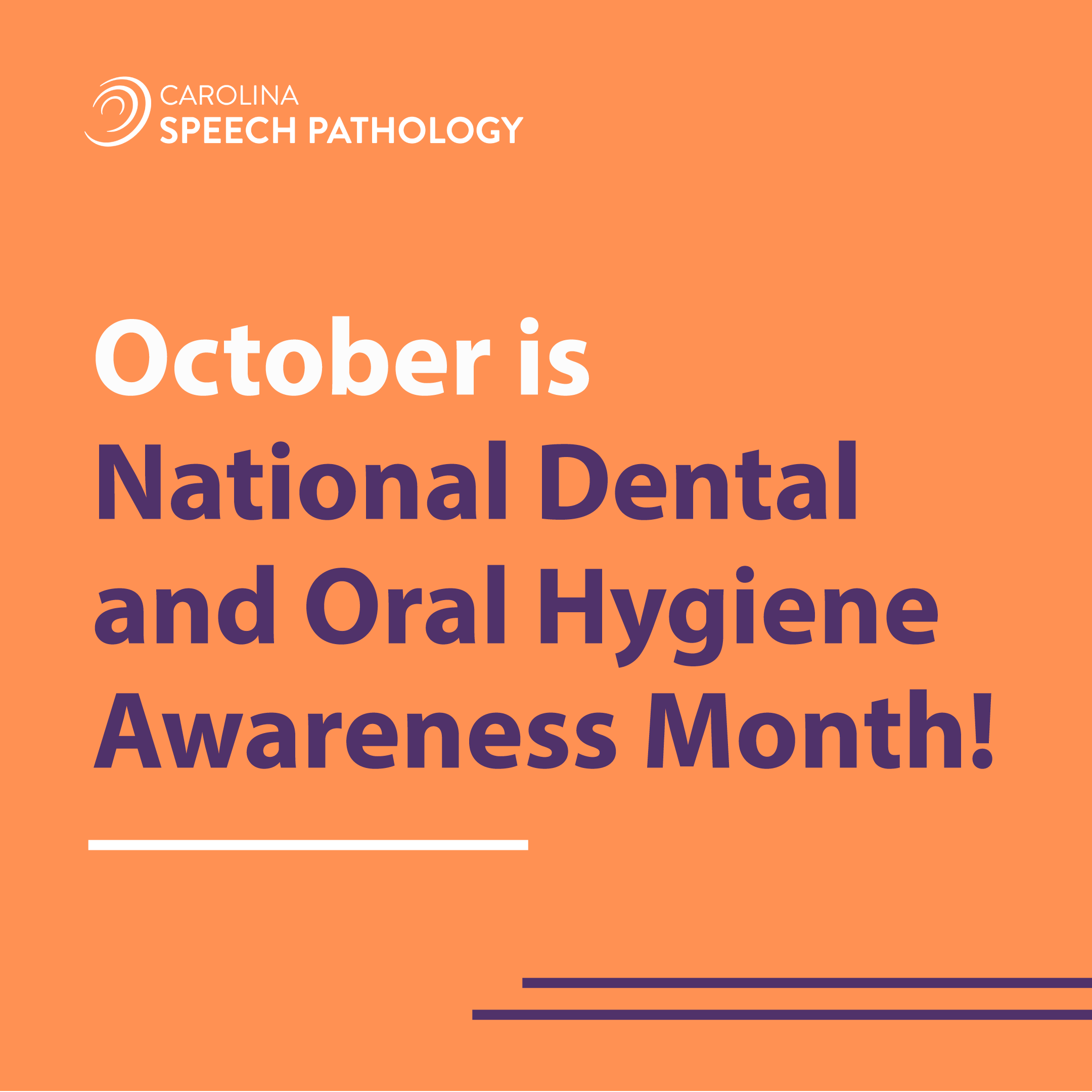As Speech Language Pathologists (SLPs) working with swallowing disorders, we spend a good amount of time in and around our patients’ mouths! Understanding the importance of oral hygiene is an absolute must for SLPs, not only for the cosmetic and comfort aspects of a clean and healthy mouth, but also for the greater good of overall health and wellness.
Why is Oral Care So Important for Overall Health?
Many studies show that oral health might contribute to various diseases and conditions, including endocarditis, cardiovascular disease, birth complications, and pneumonia along with other respiratory diseases. The Mayo Clinic cites that certain conditions may affect oral health, such as diabetes, HIV/AIDS, osteoporosis, and Alzheimer’s disease. Dr. John Ashford, who first described the Three Pillars of Aspiration Pneumonia, notes that poor oral health does increase the risk of developing aspiration pneumonia. The CDC published a “Oral Health in Healthcare Settings to Prevent Pneumonia Toolkit,” found here.
Guidelines for Oral Care:
The National Institute of Dental and Craniofacial Research recommends brushing twice a day with fluoride toothpaste, using small, circular motions along the gumline and along all sides of each tooth as well as the tongue. Toothbrushes should be replaced when the bristles become worn or splayed. Flossing at least once a day is also a critical part of effective oral hygiene. For those who may find traditional floss difficult to hold due to arthritis or other issues, floss holder tools as well as water flossers are effective alternatives. Here are some helpful caregiver handouts that discuss Oral Health and Aging:
- Brushing: https://www.nidcr.nih.gov/sites/default/files/2019-09/oral-health-aging-brushing.pdf
- Flossing: https://www.nidcr.nih.gov/sites/default/files/2022-10/flossing-info-for-caregivers_0.pdf
- Older Adults and Oral Health: https://www.nidcr.nih.gov/sites/default/files/2022-10/Older-Adults-Oral-Health_0.pdf
- Assisting Patients with Personal Hygiene: https://www.ncbi.nlm.nih.gov/books/NBK563155/
What About People With Dentures?
Yes, even those with dentures need thorough oral care to reduce the presence of harmful bacteria that grows within the oral cavity as well as on the surface of dentures. According to the American Dental Association, dentures should be placed in water or a denture cleanser solution when they are not being worn to help the dentures retain their shape and prevent them from drying out. The American College of Prosthodontists notes that the oral health of the completely edentulous patient is a significant factor related to quality of life, nutrition, social interactions and general systemic health of denture-wearing patients.
Additional Video Resource:
To help raise awareness and provide support regarding the importance of oral hygiene, Carolina Speech Pathology created a FREE video: Caring for Residents with Dysphagia: A Guide to Oral Care. This video is a fantastic oral care review for SLPs as well as a helpful training guide for caregivers and staff! We hope that you will check it out HERE.
Happy Brushing!

